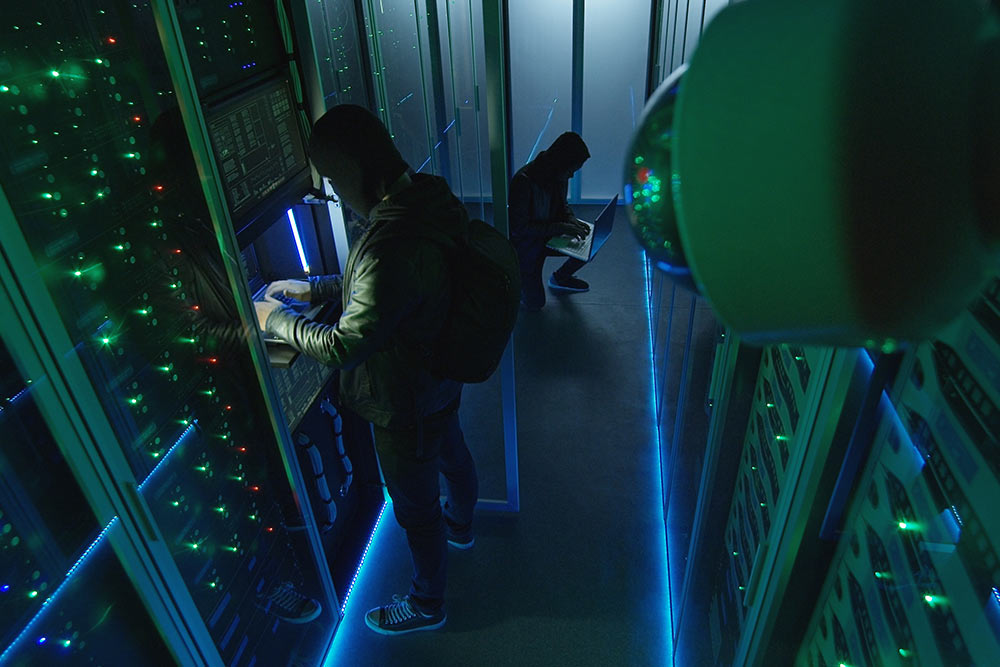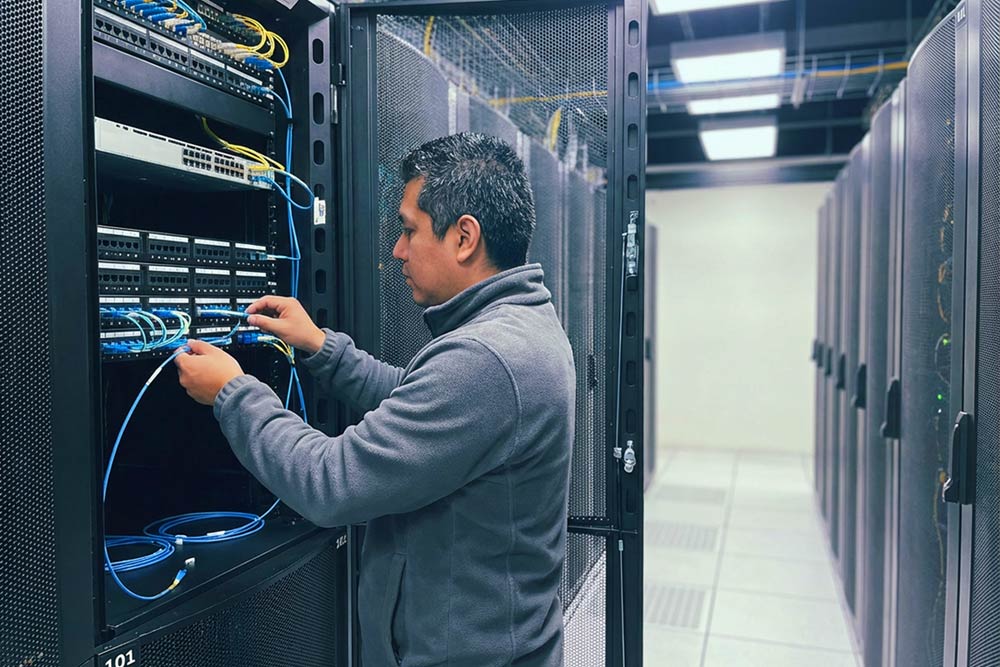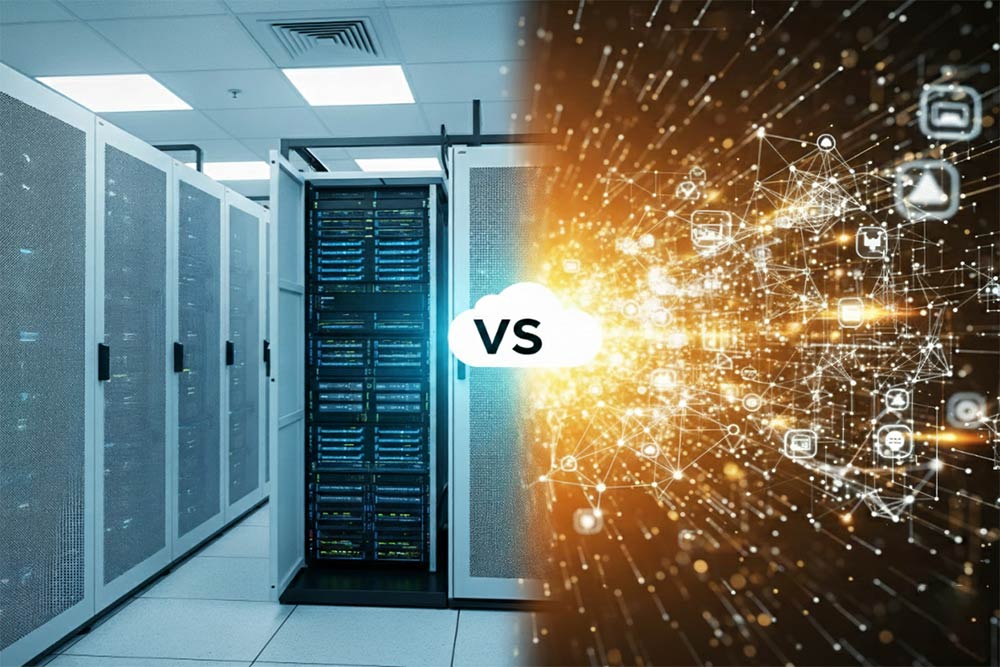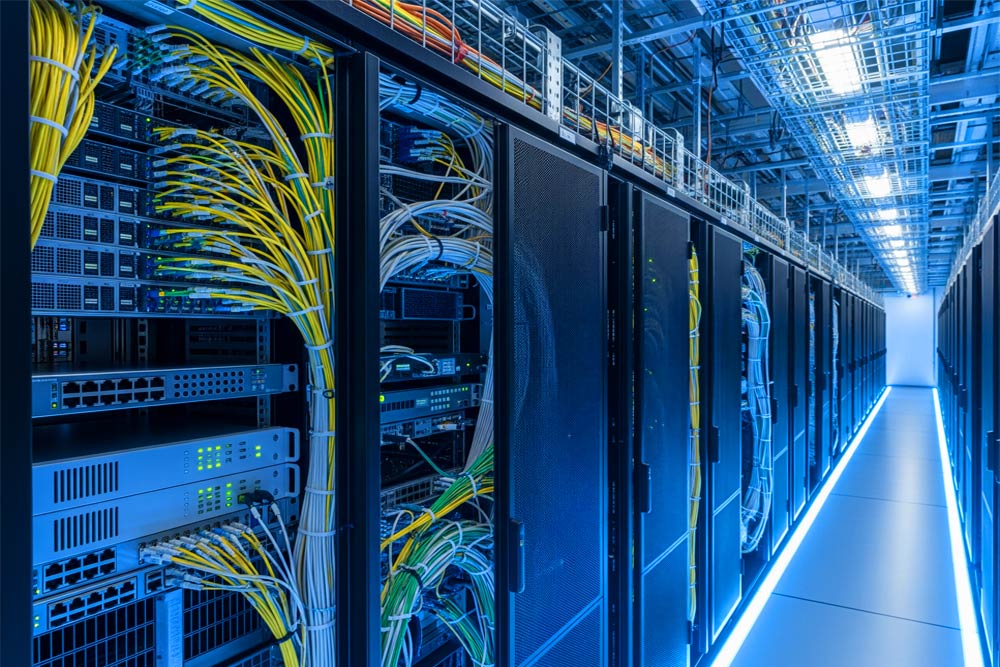Today, when data availability is becoming as natural as breathing, and our lives are impregnated in almost every aspect with technology, data security is among the first concerns for everyone. However, maintaining data safety and integrity among evolving threats is becoming more and more complex and requires more stringent strategies. To avoid security hazards and maintain uptime, organizations are looking into colocation security advantages to a greater extent than before. This is due to the fact that colocation data centers employ efficient strategies to protect data from diverse threats, offering something different than on-premises and public cloud solutions.
The most prominent threats to data safety today are software-based cyberattacks, which are not picky at all about the location or type of facility where the data is hosted. Data can be vulnerable to threats regardless of its location. However, each type of hosting or data center facility has its own way of offering protection against those threats.
In this article, we’re going to look into colocation security advantages and strategies and compare them to on-premises and cloud solutions. Let’s dig in.
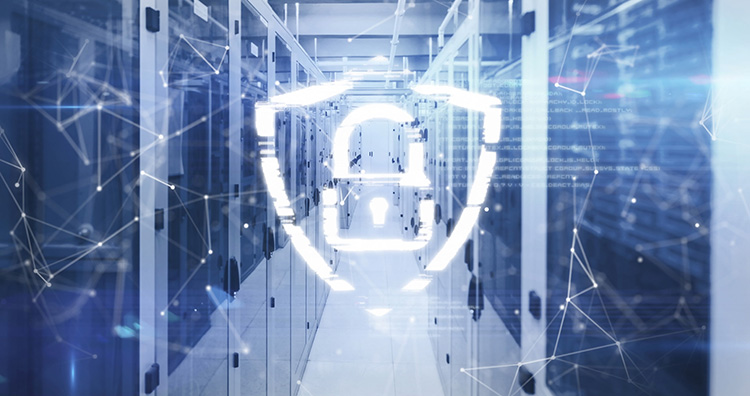
Key Strategies and Colocation Security Advantages
Colocation can enforce security in several ways. The following are some of the most prominent security strategies and comprehensive measures colocation facilities implement for better protection.
Physical Security
Physical security is essential to all types of data centers. Colocation security advantages include several layers of physical security measures that can filter out unauthorized access. Physical security typically has frontlines on four different layers, each of them providing a different, specialized defense line against threat actors.
- Perimeter security includes walls, fences, and limited entry points—all under supervision to prevent outsiders from entering the facility.
- Facility controls include surveillance cameras monitored 24/7 and security personnel keeping everything under supervision. Access control systems like biometric scanners, access key cards, and mantraps ensure that only someone with authorization is able to get into specific areas of the data center.
- Server room controls include biometric identification systems, as well as environmental control systems like fire suppression, flood detection, temperature and humidity sensors, and HVAC systems, which provide alerts about any change that occurs in the server room, allowing operators to quickly detect dangerous states and protect data from natural hazards, too.
- Cabinet controls are the last layer of physical security, serving as the final barrier in case someone does get into the facility with malicious intent. Cabinet-level security controls protect equipment and data by making it impossible to get to the server itself without identification.
Many consider physical security the biggest advantage of colocation data centers. And while public cloud data centers also provide stringent physical security, on-premises solutions often lack the necessary measures to prevent unauthorized intruders—or insiders—from tampering with the equipment.
Network and Cybersecurity
Cyber threats and data breaches are the main threats of our era. Colocation security advantages include strategies for efficiently responding to them. These involve firewalls and intrusion detection systems (IDS), which can detect and prevent unauthorized access. Colocation facilities also conduct regular security audits and vulnerability assessments to identify and reduce network weaknesses, which can become potential targets.
Networks are protected with stringent access controls and authentication protocols to keep track of users accessing the system. Encryption techniques ensure data security in transit and at rest, while DDoS protection services go into action to protect against denial-of-service attacks.
Secure, Private Networks
All the above are important measures for preventing cyberattacks; however, it’s also important to point out that colocation data centers are the best at offering very intricate, private networking configurations facilitated through interconnection services. These connections allow organizations to connect privately and enjoy the benefits of elevated security.
Compliance Standards
We can’t talk about colocation data center security without compliance. Providers have to conform to specific industry regulations, which allow them to ensure data safety as required by legal and regulatory standards. Compliance regulations can vary depending on the region and industry, such as HIPAA for healthcare, PCI-DSS for the financial services industry, etc. To safeguard data integrity and ensure adherence to these laws and regulations, colocation providers must regularly undergo audits and assessments.
Colocation providers often complete their compliance portfolio with certifications like ISO, SSAE16, SOC, and NIST to prove their commitment to reliable information security management. These can guarantee high-standard data protection and ensure peace of mind for the client.
Backups and Redundancy
Redundancy in the data center context means that critical systems are all secured with backup instances. Power supplies, cooling systems, and network connectivity redundancy are crucial to prevent downtime if a failure or outage occurs. N+1 redundancy means that if a system goes down, another one can take its place, ensuring everything stays operational.
It’s pointless to talk about data safety without backups. Backups and redundancy still fall underrated when it comes to colocation security advantages. Many colocation providers also make managed backup services an option available to their clients, adding an extra layer of resiliency compared to on-premises and cloud solutions. Colocation providers typically create both on-site and off-site backups, so in case of a natural disaster, for instance, organizations can start recovery as soon as possible with the help of their indispensable off-site backups. All types of backups are regularly tested to ensure that the data is accessible if needed in an emergency situation.
Data Encryption
Encryption techniques are vital to data security and availability as these ensure that the information is safe from unauthorized access. Data encryption safeguards data both at rest and in transit, making it impossible to read without the decryption key. For data in transit, data encryption involves SSL/TSL protocols, ensuring that the information can move safely within the network. Data encryption techniques and regular updates and checks are necessary to keep data safe from cyber threats.
Monitoring Solutions
Stringent monitoring practices are essential to keep access attempts and suspicious activity in check. Colocation data centers use intrusion detection systems and SIEM (security information and event management) solutions to detect threats. These continuously analyze data and access logs to identify anomalies and guarantee data integrity and availability.
Managed Services
Last but not least, we can undoubtedly count managed services among colocation security advantages. This is definitely another plus when compared to on-premises solutions or the public cloud. By using managed services, customers can manage and maintain their infrastructures more easily and securely. Remote hands/smart hands services allow customers to benefit from professional services, which can be lifesaving in case of a security incident.
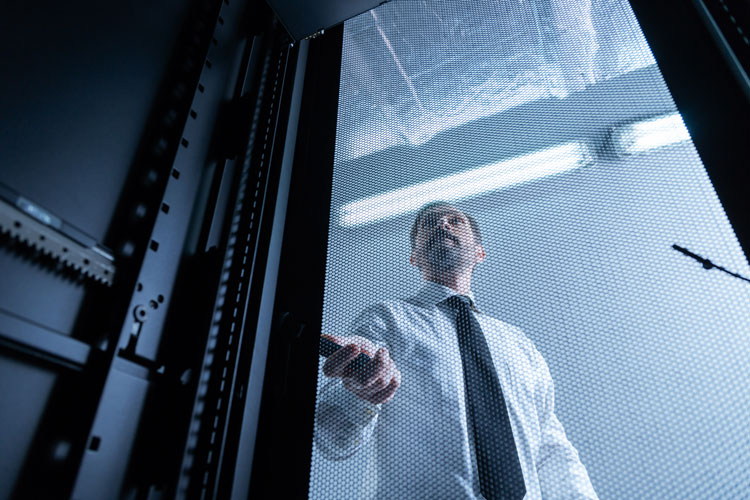
Colocation Security Compared to the Public Cloud
Although colocation has many security advantages, there are a few aspects where, in some cases, it could be lacking. It’s a debated subject whether colocation or the public cloud is better in offering more security benefits. On the one hand, colocation significantly contributes to security by offering excellent physical security. On the other hand, colocation providers don’t always manage software security patches, which arguably makes the public cloud with managed services a better choice for specific cases. Self-service security tools for monitoring the security of workloads are, again, an area where colocation security advantages might be lacking.
Colocation compensates by offering comprehensive managed services; however, these are different from the monitoring tools built into the infrastructure in the case of the public cloud. That being said, organizations should consider their workload needs and resources thoroughly to determine which type of infrastructure deployment will offer the most security for their specific context.
Conclusion
Each option has its pros and cons, but in the end, colocation security advantages can be decisive factors for workloads that ask for exceptionally secure, private connections or for organizations that prefer extra physical security with the perks of professionally managed services to offload more responsibility from their company’s shoulders.
Contact us to learn more about colocation security advantages and how to choose the best and most secure infrastructure solution for your workloads. Call us today to talk to someone on our team at (305) 735-8098, or leave us a message in chat to get contacted. Or, to start, take a virtual tour of our facilities.

